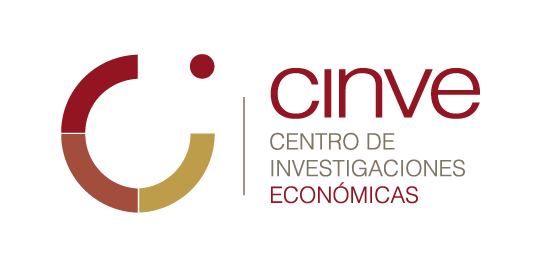Maester Thesis in Economía, Department of Economics, Univ. of São Paulo, Brazil.
ABSTRACT:What are the determinants of the contractual arrangement choice in the beef producersprocessors transactions in Uruguay? The question refers to the coordination and production control problem. Changes in consumer’s awareness of specific attributes in food products demand information and better coordinated systems. Coordination becomes more important to Uruguay not only to assure quality attributes of products but also to explore market access opportunities and fast adaptation to international and local environmental changes (exports 75% of the beef production). There are different contractual arrangements in the producerprocessor transaction mainly direct channel and through intermediate agent. Theory approach: Transaction Cost Economics offers helpful insights to understand the reason for the development and adaptations of different contractual arrangement moved by transaction cost economizing perspective. Method: empirical analysis focused on the Uruguayan beef agro-industrial system. Analysis integrates (i) institutional and organizational environmental changes on final markets and in Uruguay; identification of new opportunities and strategies in the beef system; analysis of the Uruguayan system from consumption to production. (ii) Analysis of the producer-processor transaction in relation to the contractual arrangement and the dimension of the transaction (asset specificity in the production and processing of the product being transacted, location, frequency of transaction and uncertainty). Identification of the determinants of the main contractual arrangement choice (direct and trough intermediate agent). Finally, an econometric analysis of the causal relation identified (determinants). Data sources: panel data with producers-processors transaction from Uruguayan Agricultural Bureau (77,000 transactions, 2004/05). Results: Statistical significance between the contractual arrangement choice in the beef producer-processors transaction and the determinants identified. The probability of a transaction being aligned with the direct contractual arrangement (more coordinated) increases in transactions with higher asset specificity (e.g.: young steer), lower distance between producer and processor, and with higher frequency of transaction between these agents. The direct contractual arrangement is helpful for the coordination of higher quality products. The intermediate agent presents advantages for generic products transactions (lower asset specificity) and with low frequency of transaction between the producer and processor involved. Seeking for quality involves specific investments by producers and processors and, hence, higher bilateral dependency between these agents. The beef system depends on two sets of products –higher and lower quality- oriented to markets with different characteristics. The subsystem oriented to higher quality products involves higher coordinated arrangements. The results of this research were extended to implication for the organizations of the beef system and public policies in relation to a “country strategy” focused on higher quality and value beef products.
(DOWNLOAD)
